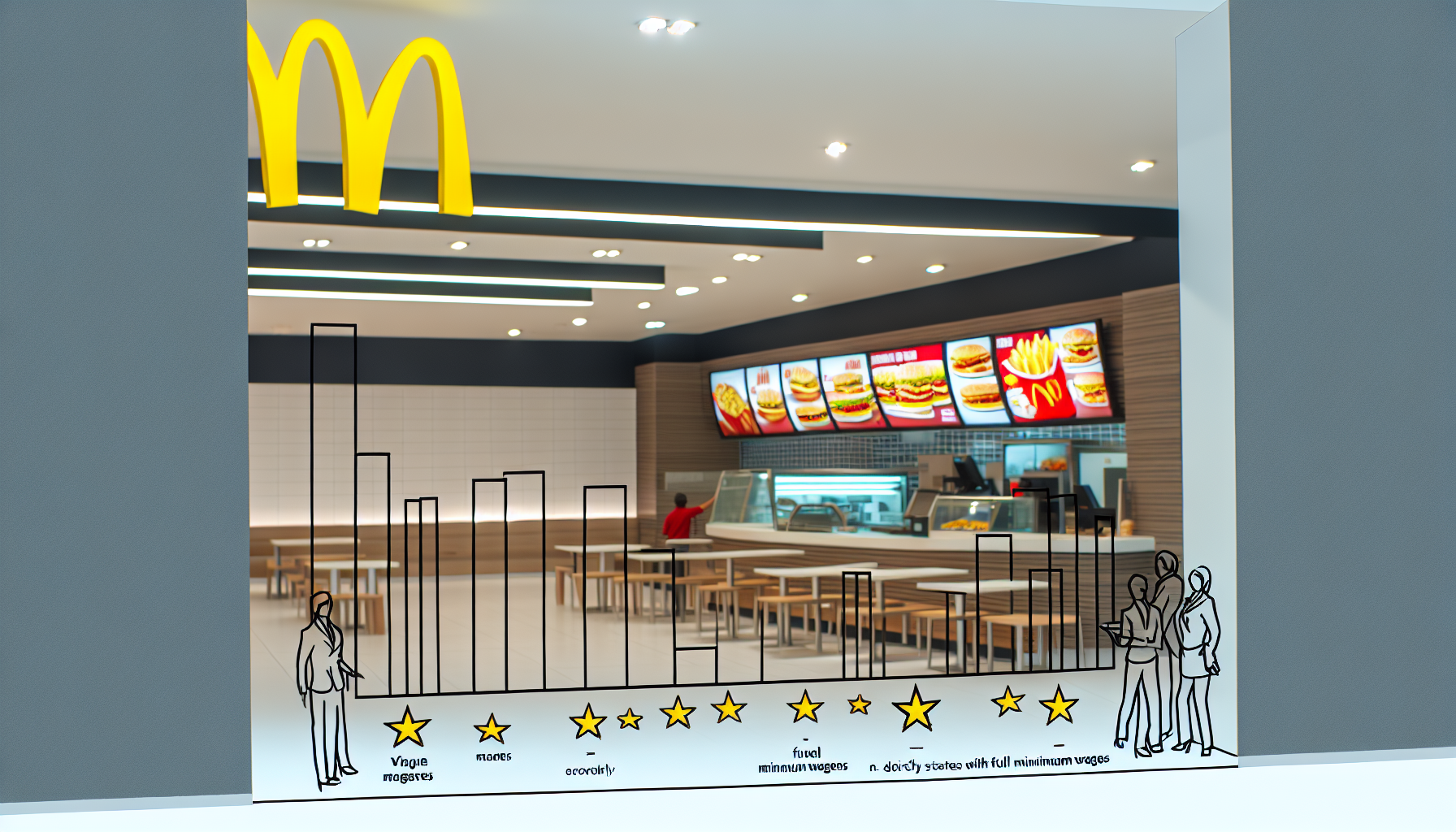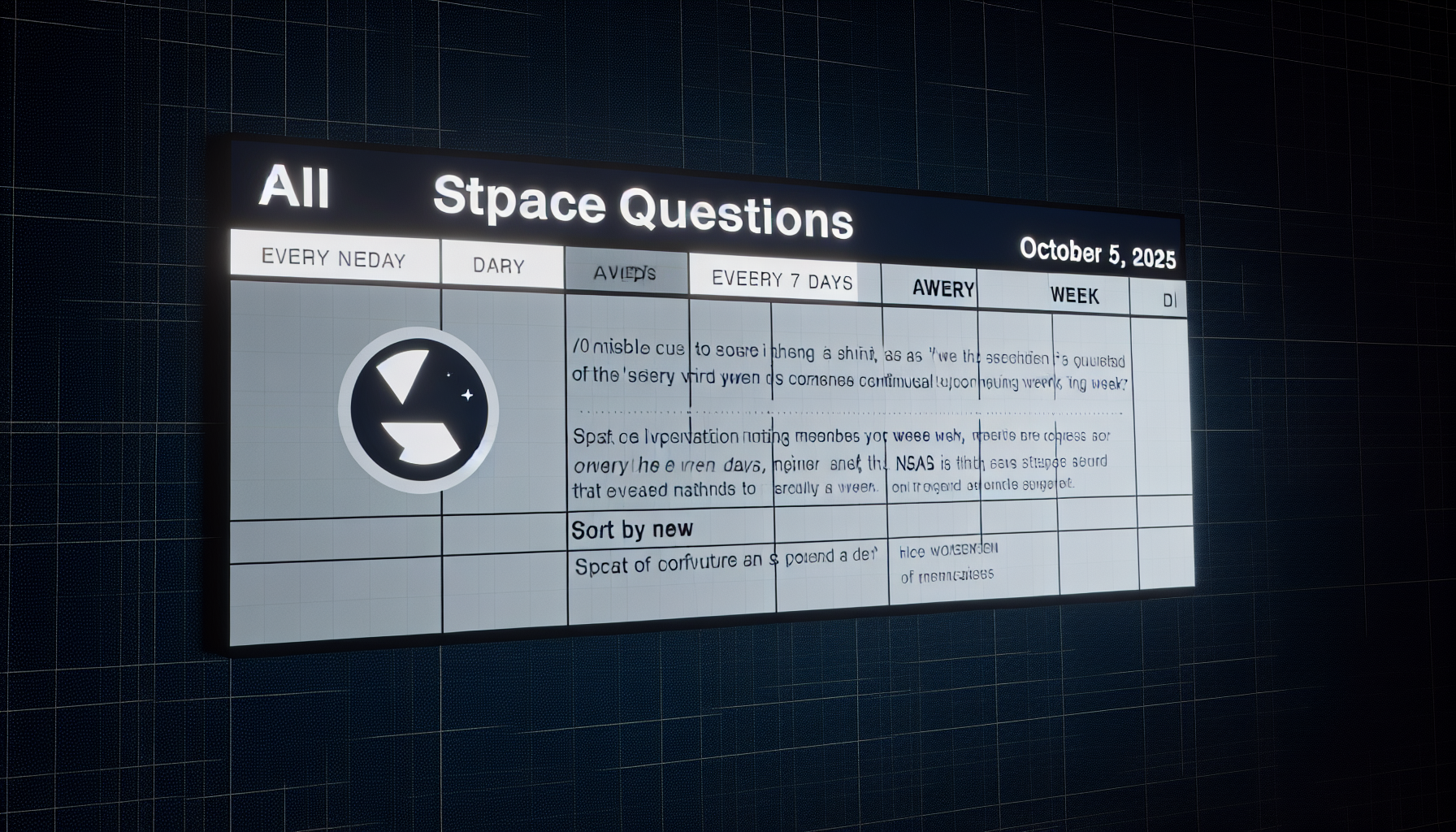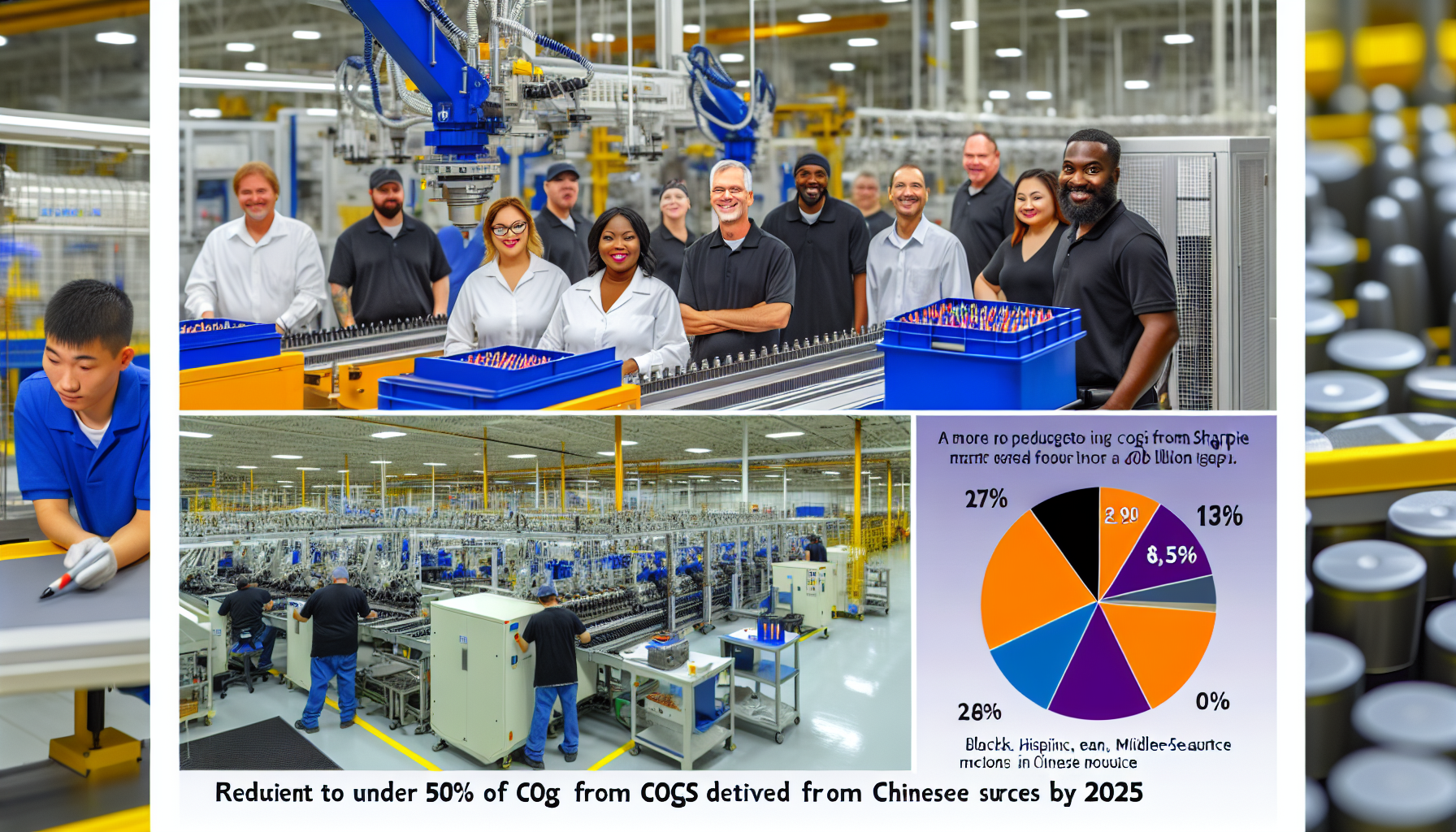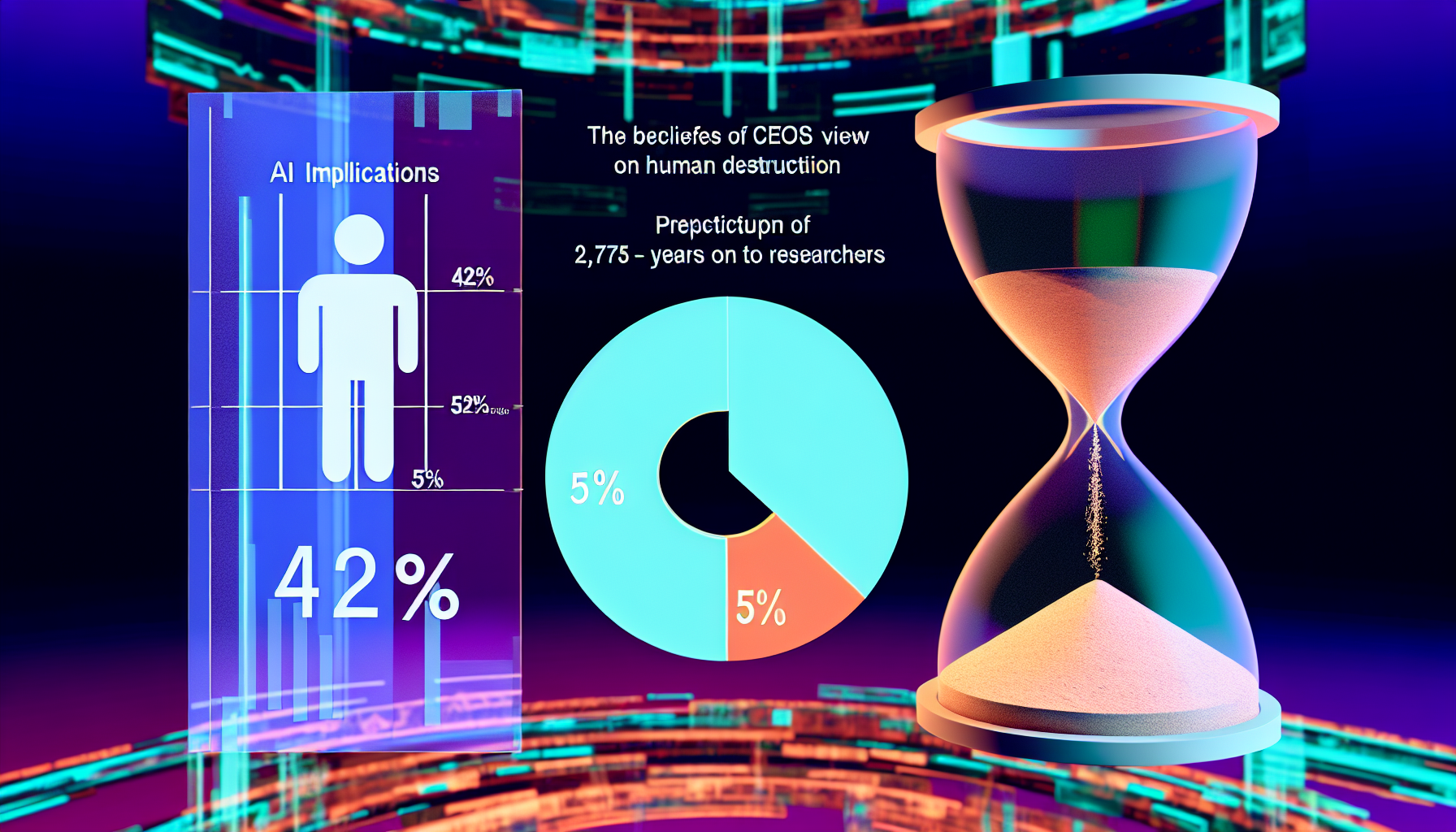McDonald’s escalated a long-simmering labor debate on Sept. 5, 2025, blasting the United States’ tipped wages system as an “uneven playing field” and calling attention to the $2.13 federal tipped base rate that many full-service competitors use to meet pay obligations through customer tips. CEO Chris Kempczinski urged a standard where all restaurant workers earn at least the full minimum before tips, highlighting stark differences across states and formats. [1]
In staking this position, McDonald’s cited seven states—including California, Nevada and Minnesota—that already require the full minimum wage before tips, arguing that these models offer clearer labor costs and fairer competition. The company also confirmed it has left the National Restaurant Association, signaling a break with an industry lobby that has long defended the tip credit structure. [1]
Kempczinski paired the critique with a nod to politics: he said he supports President Donald Trump’s proposal to eliminate federal taxes on tips, while acknowledging that such a change would not materially benefit McDonald’s largely non-tipped workforce of counter and kitchen staff. That distinction underscores the company’s broader focus on pre-tip pay standards rather than tax policy. [3]
Investors registered a measured reaction. McDonald’s shares fell under 1% on Sept. 5 as the company sharpened its policy stance and prepared to launch new Extra Value Meals. The value lineup is scheduled to roll out Sept. 8, positioning McDonald’s for a fresh price-value push heading into fall. [3] [1]
Key Takeaways
– Shows the $2.13 federal tipped wage remains, while seven states require full pre-tip minimums like California, Nevada, and Minnesota. – Reveals McDonald’s left the National Restaurant Association and argues rivals shift labor costs to customers via tipping-based pay models. – Demonstrates pricing stakes: Chili’s $10.99 entree-drink-appetizer deal and McDonald’s Extra Value Meals launching Sept. 8, 2025 highlight cost competition. – Indicates policy crosscurrents as McDonald’s backs tax-free tips while noting its $2.13 tipped-wage peers benefit, not its predominantly non-tipped workforce. – Suggests investor caution: shares fell under 1% on Sept. 5, 2025 as the company sharpened its stance against tipped wages industrywide.
Why tipped wages are under fire at McDonald’s
Kempczinski framed tipped wages as a structural cost distortion: a $2.13 federal tipped base allows some full-service restaurants to rely on customers to close the pay gap, while quick-service chains like McDonald’s pay full hourly wages without tip credits. He described that gulf as an “uneven playing field,” saying the industry should move toward a floor where all workers make at least the full minimum wage before tips. [1]
That argument goes beyond semantics over “tip credits.” In practice, McDonald’s contends the current system lets competitors book lower payroll costs on the front end, only to shift them to diners—particularly when menu prices are marketed aggressively and tipping prompts are ubiquitous. Kempczinski also urged that, at a minimum, every restaurant worker should earn at least the federal minimum in base pay, independent of tip variability. [2]
How tipped wages shape menu prices and competition
The pricing stakes are visible on menus. Kempczinski pointed to sit-down chains’ attention-grabbing promotions, citing a Chili’s $10.99 entree-drink-appetizer combo as an example of value made more feasible when base wages are kept low and tips fill the gap. McDonald’s argues those bargains look different if employers must shoulder full pre-tip wages across the board. [4]
To answer that challenge directly, McDonald’s is reviving and expanding value plays of its own. The company set a Sept. 8 launch for Extra Value Meals, seeking to reinforce price leadership even as it calls for wage standards that could narrow gaps between fast-food and full-service labor models. The timing aligns the brand message on affordability with a policy push on compensation. [1]
The state patchwork and the push beyond tipped wages
Seven states, including California, Nevada and Minnesota, require employers to pay the full minimum wage before tips—a framework Kempczinski held up as evidence that restaurants can operate without relying on a tip credit to meet statutory pay. He suggested the national map’s patchwork of policies complicates competition and obscures true labor costs for consumers. [1]
McDonald’s also lauded findings from those full-wage states as pointing to improved outcomes, arguing that paying the pre-tip minimum reduces poverty risk and turnover—two line items that quietly erode service quality and profitability when left unaddressed. Lower churn reduces hiring and training costs, while steadier pay can stabilize operations. The company said those observed benefits warrant elevating the model nationwide. [5]
In parallel, Kempczinski said McDonald’s is “open to conversations” about raising the federal minimum wage, a signal that the company is not only critiquing the tip credit but also willing to discuss the broader wage floor. That stance positions McDonald’s alongside policymakers and labor advocates seeking updated national standards after years of debate. [5]
Policy crosscurrents: tax-free tips, minimums, and industry rifts
The CEO’s endorsement of eliminating federal taxes on tips adds a twist. He supports President Trump’s proposal but emphasized that McDonald’s crews typically aren’t tipped, so the practical benefit would accrue primarily to servers in full-service venues—the very segment that leans on the $2.13 base plus tips to meet pay. For McDonald’s, the central issue remains pre-tip wages, not tax treatment of gratuities. [3]
At the same time, the company underlined a floor: all workers should earn at least the federal minimum in base pay, without relying on tips to clear legal thresholds. The Wall Street Journal noted that groups such as One Fair Wage and restaurant trade organizations are now re-litigating the merits and future of the tip credit, with McDonald’s unusually public position amplifying the conversation across formats. [2]
McDonald’s withdrawal from the National Restaurant Association—the industry’s most visible lobbying arm—signals an institutional rift over strategy. The exit underscores how divergent business models produce different policy priorities: quick-service chains emphasize predictable payrolls and speed, while full-service operators emphasize tipping culture and table service economics. The split suggests the wage map may become a competitive axis in its own right. [1]
What ending tipped wages could mean for workers and investors
If Congress or more states phase out the tip credit, labor costs would shift from diners back to employers, aligning with McDonald’s argument that price tags should reflect the full cost of service. In theory, that could compress promotional price gaps between fast-food and full-service offers, making “loss-leader” combos harder to sustain without menu rebalancing or productivity gains. The company’s case hinges on transparency and cross-format comparability. [2]
For workers, McDonald’s highlights the potential for steadier incomes and reduced turnover when pre-tip minimums are guaranteed. The company points to those seven states’ experiences as evidence that higher base pay can reduce poverty and stabilize staffing—benefits that could ripple into training savings and customer experience metrics. That empirical claim will likely be tested as more jurisdictions revisit their wage statutes. [5]
For shareholders, early market reaction was muted: McDonald’s stock slipped less than 1% on Sept. 5, suggesting investors see limited near-term earnings impact from the policy rhetoric, especially with fresh value promotions landing Sept. 8. Still, as wage policies evolve, margin pathways could diverge by format, raising new questions about pricing power, service levels, and the equilibrium between base pay and gratuities. [3]
The near-term playbook and what to watch on tipped wages
Near term, expect McDonald’s to keep coupling policy advocacy with value messaging—using Extra Value Meals as proof it can compete on price while arguing for standardized pre-tip wages. That strategy attempts to win both the economic and narrative battles: attract cost-conscious diners now, and push for rules that, in McDonald’s view, better reflect true labor costs across the industry later. [1]
Watch three signposts: state-level bills to end the tip credit beyond the seven current full-wage states; federal debates over minimums and tax-free tips; and competitive responses from full-service chains that depend on the $2.13 base. Each will signal how quickly the economics of tipping—and the relative price calculus between table-service and counter-service—might shift. [2]
Finally, monitor industry alignment. McDonald’s break with the National Restaurant Association could spur new coalitions organized around compensation models rather than cuisine type. If more large brands pick sides, wage policy could become a top-tier battleground in restaurant strategy, shaping investment cases, wage structures, and menu architecture into 2026. [1]
Sources:
[1] AP News – McDonald’s criticizes US restaurant industry for uneven wage policies: https://apnews.com/article/7e8ef69f721f817bd29f640a33d15402
[2] The Wall Street Journal – McDonald’s Escalates Restaurant Industry’s Fight Over Tipping: www.wsj.com/business/hospitality/mcdonalds-escalates-restaurant-industrys-fight-over-tipping-93e72854″ target=”_blank” rel=”nofollow noopener noreferrer”>https://www.wsj.com/business/hospitality/mcdonalds-escalates-restaurant-industrys-fight-over-tipping-93e72854 [3] ABC News – McDonald’s criticizes US restaurant industry for uneven wage policies: https://abcnews.go.com/Business/wireStory/mcdonalds-criticizes-us-restaurant-industry-uneven-wage-policies-125305630
[4] Houston Chronicle – McDonald’s presses for an end to tipped wages: www.houstonchronicle.com/business/article/mcdonald-s-presses-for-an-end-to-tipped-wages-21033248.php” target=”_blank” rel=”nofollow noopener noreferrer”>https://www.houstonchronicle.com/business/article/mcdonald-s-presses-for-an-end-to-tipped-wages-21033248.php [5] Winnipeg Free Press – McDonald’s criticizes US restaurant industry for uneven wage policies: www.winnipegfreepress.com/business/2025/09/05/mcdonalds-presses-for-an-end-to-tipped-wages” target=”_blank” rel=”nofollow noopener noreferrer”>https://www.winnipegfreepress.com/business/2025/09/05/mcdonalds-presses-for-an-end-to-tipped-wages
Image generated by DALL-E 3











Leave a Reply